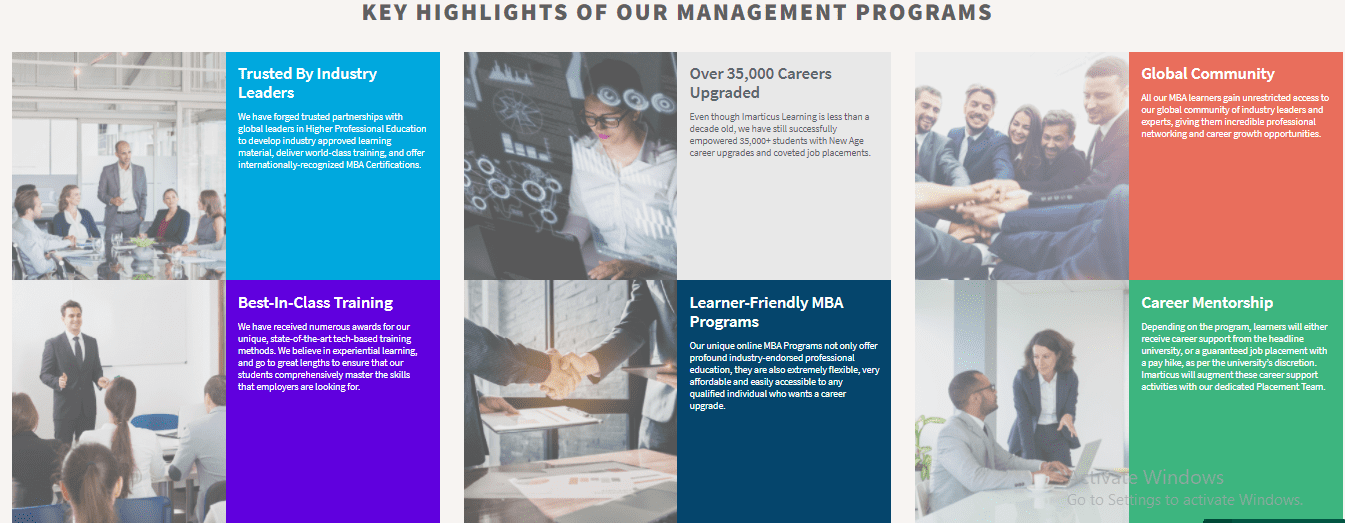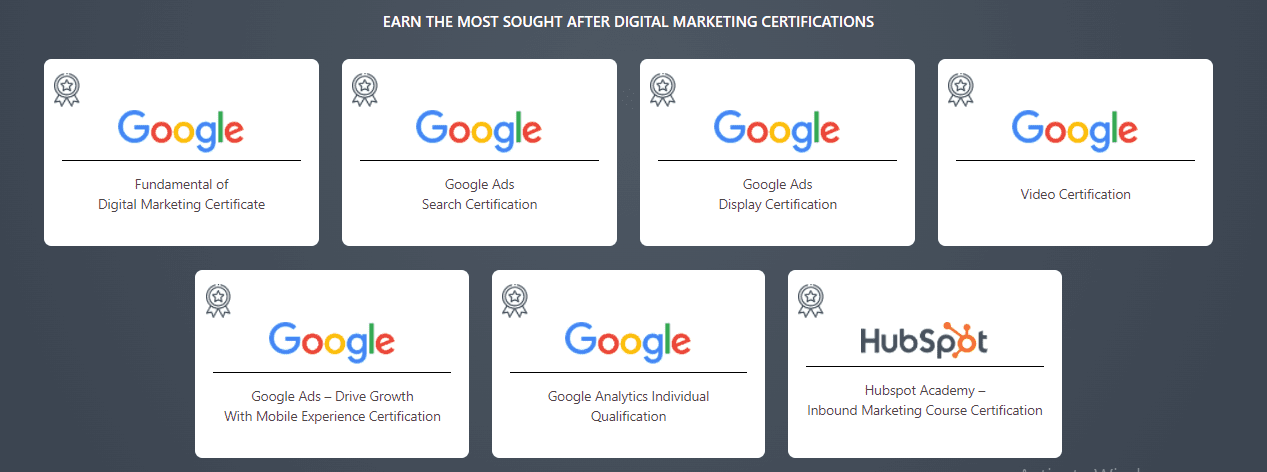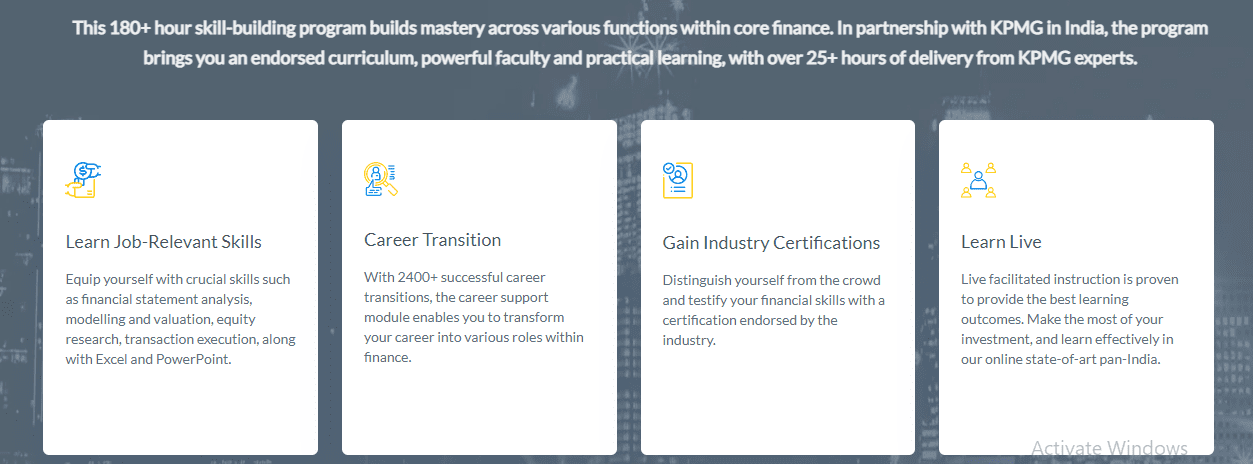The finance industry is on the rise with the boom in new technologies and innovations. This has led to a demand for talented professionals who can analyze financial transactions, forecast trends, and make sound decisions about investments. If you have been thinking of embarking on your own journey as a professional in this field of work, then now is the time to take financial analyst courses.
In this blog post, we will talk more about why it’s important to learn these courses so that you can close the diversity gap in finance.
Understanding the diversity gap in the financial industry
The finance industry has grown by leaps and bounds in the last few decades. With an increase of almost 50% in job opportunities, it is no surprise that more people are looking to break into this growing field. However, studies have shown that there is a major gap between the number of minorities in the finance industry and those looking to break into it.
The reasons behind such a gap are often varied, but there is one that stands out from the rest: lack of courses for financial analysts. However, there are certain institutes offering financial analyst courses to help close this diversity gap by offering courses targeted towards underrepresented groups.
You need to show potential employers what skills you have acquired during your coursework. This will help you learn more about what a career as a financial analyst entails while learning the necessary skills needed to excel at their job search or current position.
What does a Financial Analyst do?
A financial analyst course helps a business make informed decisions about investments, spending, and budgets. Financial analysts review the performance of companies in order to give advice on how they can improve their operations or find new ways for growth. They often work with investment bankers when deciding whether to take the company public through an initial public offering (IPO) or other methods.
Financial analysts typically work in an office and spend most of their time researching information for reports, analyzing financial statements, or making recommendations to managers on courses of action. They may also prepare presentations that address specific investment-related topics.
Why should you take up financial analyst courses?
Financial Analyst courses are a perfect fit for those who want to gain insight into how businesses operate and contribute their part in the industry. With an increase in demand for finance professionals, it is time you take up courses that can help you close this diversity gap and set yourself apart from other candidates.
While some companies may prefer to hire someone who has experience in the field, courses for financial analysts are now offered online. You can enroll anytime and anywhere with ease without having to quit your current job or relocate.
Learn and Grow as a Financial Analyst with Imarticus Learning
Imarticus Learning offers courses for the finance industry to help you learn and grow as a financial analyst. The courses are well-designed, engaging, practical learning courses that cover the latest trends in the industry. The courses are designed by industry experts and offer you a deep understanding of important concepts.
Some course USPs:
- Comprehensive 360-degree learning of the banking and finance industry
- Tech-enabled learning
- Industry-oriented curriculum designed/delivered in collaboration with industry veterans and leading firms.









 Online degrees have grown in popularity as they are convenient and flexible. There is a common misconception that online degrees often miss out on having a holistic approach towards education.
Online degrees have grown in popularity as they are convenient and flexible. There is a common misconception that online degrees often miss out on having a holistic approach towards education.  Students are taught to use new-age software like machine learning, blockchain, AI, cloud computing, and IoT for business. Imarticus Learning provides an immersive educational experience for all students and supports them in finding suitable careers.
Students are taught to use new-age software like machine learning, blockchain, AI, cloud computing, and IoT for business. Imarticus Learning provides an immersive educational experience for all students and supports them in finding suitable careers. 
 Choosing a platform is crucial as each type of product is better promoted on different social media platforms. The common social media websites that support affiliate marketing are YouTube, Instagram, etc.
Choosing a platform is crucial as each type of product is better promoted on different social media platforms. The common social media websites that support affiliate marketing are YouTube, Instagram, etc. You can easily find different courses on digital marketing with different aspects. But a course such as the
You can easily find different courses on digital marketing with different aspects. But a course such as the  Conclusion
Conclusion
